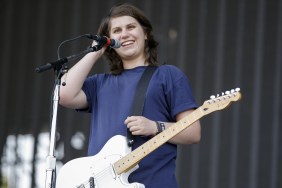Having stepped out of the limelight back in 2004 following the release of their fourth album Between Darkness & Wonder, UK electronic music duo Lamb have returned this year with their fifth album, inventively titled 5. Working on solo projects in their time off, the core members of the project, producer Andy Barlow and singer Lou Rhodes were once again able to hone in on…

The festival landscape has undergone major upheaval in the last three years, and Covid’s long-term impact on the music industry…










